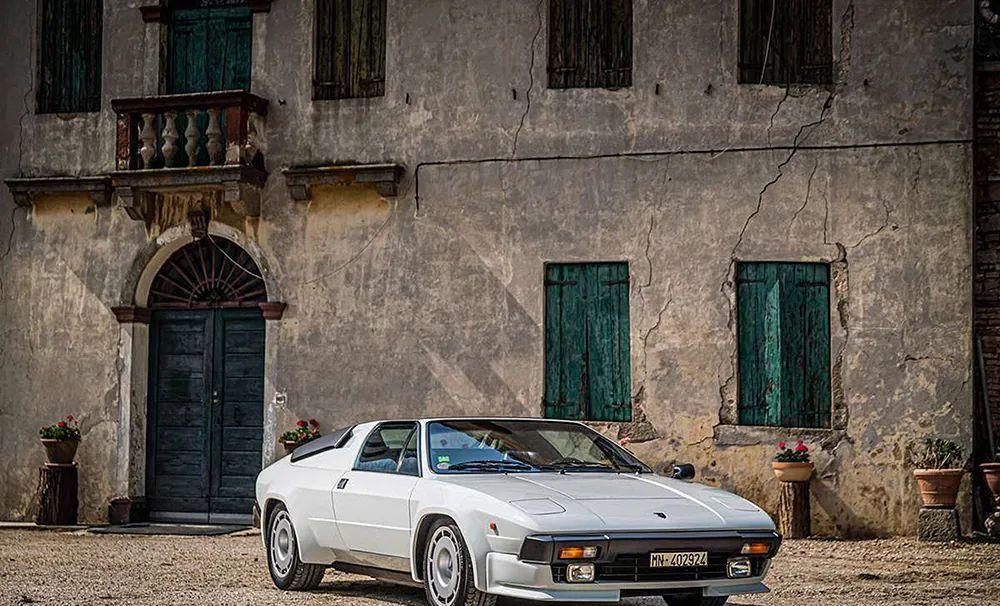
Even if you look at it forty years later,
Lamborghini Jalpa still exudes
Fascinating unique charm.
Written by Ao Jing Typography Tong Wei
In 1981, Lamborghini exhibited a highly recognizable sports car, the Jalpa, at the Geneva Motor Show. Jalpa takes its name from the bullfighting breed Jalpa Kandachia. The model was based on the Silhouette, which was not sold after production, but was sent back to the factory to create a new model.
The Jalpa exhibited that year has a recognizable special metallic copper color and unique aesthetic characteristics that have never been used in any production model. Jalpa, which has been in production since 1982, has a semi-supported steel body, black bumpers and engine intakes, horizontal taillights and 16-inch alloy wheels directly from the Athon prototype, and is equipped with Pirelli P7 flat tires. The interior is made of a lot of leather and carpets for ultimate luxury. Jalpa has a Targa open roof, which can be placed at the rear of the rear seats. At the time, professionals enthusiastically praised Jalpa's straightforward, pleasing and uncompromising roadmanship.
The most important technological innovation of the Lamborghini Jalpa was the final improvement of the 90-degree V8 engine, which was originally mounted on urraco and Silhouette, which was made entirely of aluminum with four overhead camshafts driven by chains. The model features an enlarged bore, a displacement of 3.5 liters (3,485 ml), and a compression ratio of 9.2:1. It produces a maximum power of 255 hp at 7,000 rpm, a maximum torque of 32 kg m at 3,500 rpm and a top speed of 248 km/h (155 mph).
Producing a total of 420 units, the Jalpa was discontinued in 1988 and was the last lamborghini to produce a V8 engine, and historically the last sports car in its class to feature this special engine displacement and layout. Conceptually, the Gallardo, released in 2003, was a direct successor to Jalpa and later became one of the highest-selling Lamborghini models in history.